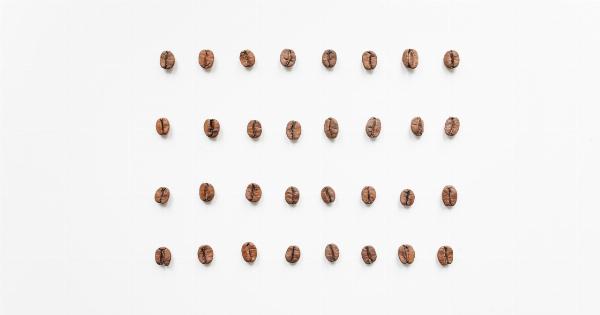Coffee is one of the most widely consumed beverages in the world, and is known for its stimulating effects on the mind and body. However, coffee also has a number of health benefits, including some that can improve liver health.
The liver is one of the most important organs in the body, responsible for filtering out toxins and waste products from the blood. When the liver becomes damaged or diseased, it can lead to serious health problems, such as liver cancer, cirrhosis, and other liver diseases.
In this article, we’ll explore how coffee can benefit your liver health and recommend an optimal dosage for you to reap these benefits.
How Coffee Can Benefit Liver Health
Coffee contains a number of biologically active compounds that have been shown to have a positive effect on liver health.
One of these compounds is caffeine, which is known for its ability to stimulate the central nervous system and improve mental alertness. However, caffeine also has a number of other beneficial properties, including its ability to reduce inflammation and oxidative stress in the liver.
Inflammation and oxidative stress are two of the key factors that contribute to liver damage and disease.
Studies have shown that drinking coffee on a regular basis can reduce levels of liver enzymes and markers of inflammation, both of which are associated with an increased risk of liver disease.
Coffee also contains a number of other compounds that can benefit liver health, including chlorogenic acids, diterpenes, and melanoidins.
These compounds have been shown to have antioxidant properties that can help protect the liver against oxidative stress and damage.
The Optimal Dosage of Coffee for Liver Health
While coffee has been shown to have a number of health benefits, including those that could improve liver health, it’s important to consume it in moderation.
Too much coffee can have negative side effects, such as insomnia, jitteriness, and increased heart rate.
So what’s the optimal dosage of coffee for liver health? According to a review of studies, consuming 2-3 cups of coffee per day has been associated with a lower risk of liver cancer, cirrhosis, and other liver diseases.
However, it’s important to note that this optimal dosage can vary depending on the individual and their sensitivity to caffeine.
If you’re new to drinking coffee or have a low tolerance for caffeine, it’s best to start with a small amount and gradually increase your intake over time.
This will help your body adjust to the caffeine and minimize any negative side effects.
The Bottom Line
Coffee can be a valuable addition to a healthy diet and lifestyle, particularly when it comes to improving liver health.
Its powerful anti-inflammatory and antioxidant properties may help protect the liver against disease, while its caffeine content can provide a boost of energy and mental focus. However, it’s important to consume coffee in moderation and in line with your individual caffeine tolerance. By doing so, you can reap all the benefits of this delicious and healthful beverage.






























